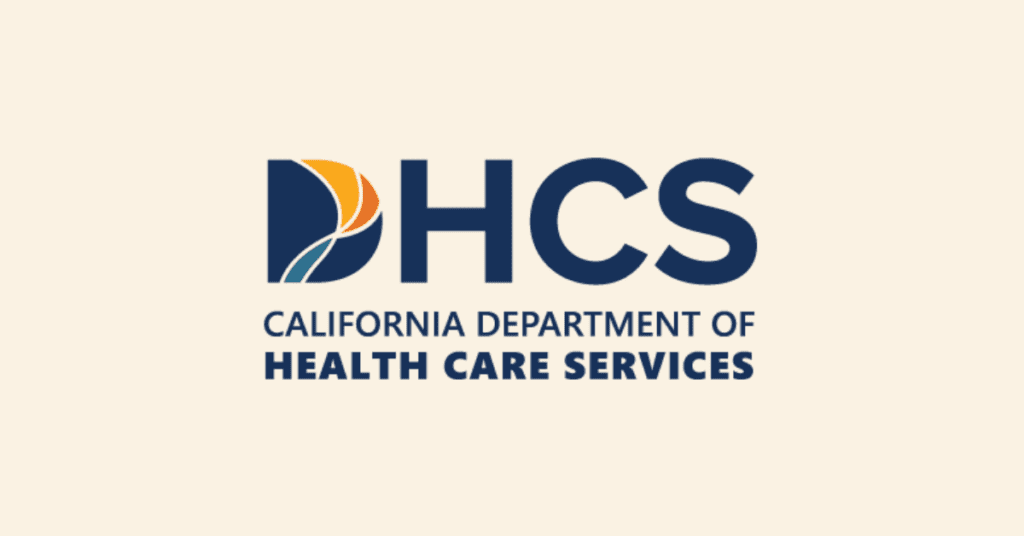Back to People
Jessica Sankus
Contact
jsankus@counties.org

Relevant News

Heat advisories are in effect across California as high temperatures continue to impact communities statewide.

On June 27, the Department of Health Care Services (DHCS) posted the first Community Assistance,

DHCS Updates BHSA County Policy Manual
July 10, 2025
On June 30, the Department of Health Care Services (DHCS) posted an updated Behavioral Health